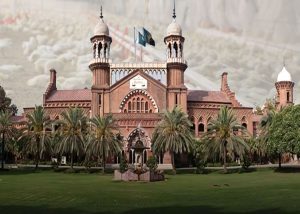
Islamabad-based think tank “The Capital Calling” has raised concerns about the vulnerabilities in Pakistan’s tax system, warning that it has caused significant losses amounting to Rs567 billion to benefit two major players in the cigarette industry.
Amidst one of the gravest economic crises in the country’s history, a recent study conducted by the Sustainable Development Policy Institute (SDPI) sheds light on how powerful cigarette industry giants, PTC and PMI, have exploited loopholes in the tax system. The study indicates that since 2017, these giants have maneuvered to avoid substantial tax payments, resulting in substantial revenue losses for the country.
Despite halving the tax on cigarettes in 2017, the Federal Board of Revenue (FBR) has consistently failed to meet revenue collection targets from the cigarette industry. This failure is attributed to promises made by the industry leaders, which painted an overly optimistic picture of increased revenue generation.
The introduction of a “Third Tier” excise duty structure in 2017, pushed by multinational cigarette companies, was intended to boost revenue while downplaying the negative impacts on public health. However, subsequent analysis has revealed that this initiative has not only failed to meet revenue targets but has also led to a staggering loss of Rs567 billion over the past seven years.
The study underscores the undue influence of the cigarette industry over policymakers and calls for urgent attention and comprehensive reforms to address these challenges. It highlights successful strategies employed by high and middle-income countries to discourage cigarette consumption through high taxes, thereby increasing government revenues. However, Pakistan lacks a clear strategy in utilizing cigarette taxation and pricing as a public health tool.
The World Health Organization (WHO) stresses the importance of safeguarding tobacco tax policies from the vested interests of cigarette companies to effectively implement public health initiatives.
However, the study concludes that Pakistan has not effectively protected its tobacco tax policies from industry influence, exacerbating the economic and public health challenges posed by the cigarette industry. -PR





